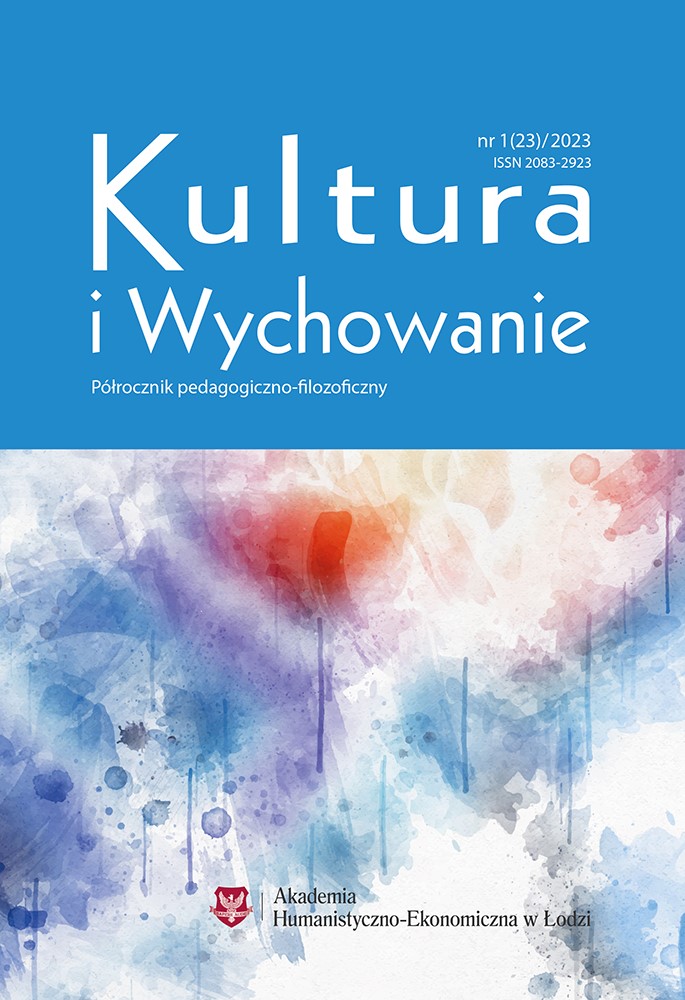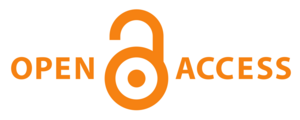Are there activities of the mind that cannot be represented by Turing machines?
DOI:
https://doi.org/10.25312/2083-2923.23_08mfoKeywords:
computationalism, computational theory of mind, Gödelian argument, John Randolph Lucas, Roger Penrose, Turing machine, Kurt GödelAbstract
The article is an attempt to answer the question whether we are able to identify such activities of the mind that are not possible to be represented by a Turing machine? Thus, it is a question of whether all our mental states have a computational nature. This problem will be considered in relation to the so-called Gödel argument, based on two Gödel theorems: 1. on incompleteness and 2. on the incompleteness of non-contradiction, directed against computational theories of mind. This argument, as presented by John Randolph Lucas, will be critically analyzed, which will lead to positive conclusions in the final part of the article.
Downloads
References
Dennett D., Consciousness Explained, Little, Brown and Company, Boston 1991.
Dennett D., Darwin Dangerous Idea. Evolution and The Meanings of Life, Simon & Schuster Paperbacks, New York–Toronto–London–Sydney 1995.
Gödel K., Uber formal unentscheidbare Satze der ’Principia Mathematica’ und verwandter Systeme, „Monatshefte für Mathematik und Physik”, Vol. 37.
Grygiel W., Jak uniesprzecznić sprzeczność umysłu?, „Zagadnienia Filozoficzne w Nauce” 2010, nr XLVII.
Krajewski S., Twierdzenie Gödla i jego interpretacje filozoficzne, Wydawnictwo Instytutu Filozofii i Socjologii PAN, Warszawa 2003.
Lucas J.R., Umysły, maszyny i Gödel, „Hybris” 2009, nr 8.
Penrose R., Cienie umysłu. Poszukiwanie naukowej teorii świadomości, Zysk i S-ka, Poznań 2000.
Penrose R., Nowy umysł cesarza, Wydawnictwo Naukowe PWN, Warszawa 1995. Putnam H., The Nature of Mental States, [w:] tegoż, Mind, Language and Reality, Vol. 2, Harvard University Press, Cambridge 1975.
Searle J., Umysły, mózgi i programy, [w:] B. Chwedeńczuk (red.), Filozofia umysłu, Fundacja „Aletheia”: „Spacja”, Warszawa 1995.
Turing A., Maszyna licząca a inteligencja, [w:] B. Chwedeńczuk (red.), Filozofia umysłu, Fundacja „Aletheia”: „Spacja”, Warszawa 1995.
Turing A., On Computable Numbers, with an Application to the Entscheidungsproblem, „Proceedings of the London Mathematical Society” 1936, Vol. 42(1).
Wang H., A Logical Journey: From Gödel to Philosophy, A Bradford Book, 1997.
Downloads
Published
Issue
Section
License
Copyright (c) 2023 Akademia Humanistyczno-Ekonomiczna w Łodzi

This work is licensed under a Creative Commons Attribution-ShareAlike 4.0 International License.



